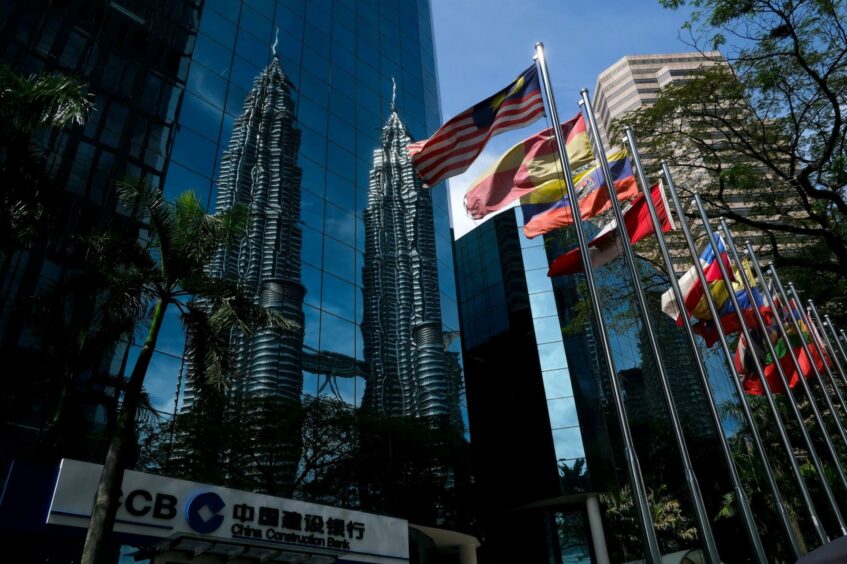
Malaysia’s 2023 budget announced on Friday introduces a raft of tax incentives for carbon capture and storage (CCS) as the country aims to become a regional hub for the nascent sector.
The news will be welcomed by Malaysia’s national energy company Petronas which is pushing hard to develop the nation’s CCS industry and attract overseas partners. Malaysia has already embarked on aggressive plans to promote CCS in Southeast Asia with the goal of developing natural gas fields with high contaminant levels and decarbonising its economy simultaneously.
Under the latest budget, companies undertaking CCS in-house activity will be eligible for an investment tax allowance of 100% for 10 years to set off against 100% of statutory income. As well as full import duty and sales tax exemption on equipment for CCS technology from 1 January 2023 until 31 December 2027. There will also be tax deduction for allowable pre-commencement expenses within five years prior to the date of commencement of operation, according to KPMG.
Companies undertaking CCS services will be eligible for 100% investment tax allowance for 10 years to set-off against 100% statutory income or 70% income tax exemption on statutory income for 10 years. As well as full import duty and sales tax exemptions on equipment for CCS technology from 1 January 2023 until 31 December 2027. There will also be tax deduction on fees incurred for use of CCS services for 2023 to 2027, noted KPMG.
Malaysia is also progressing plans for a carbon tax, which is seen as crucial, to incentivise the CCS business.
“Sustainability was certainly a key focus in the Budget 2023 proposals, with the government’s intention to introduce Carbon Tax to drive the Environment, Social and Governance (ESG) agenda. Although no specific implementation date has been announced, the government is evaluating the carbon pricing mechanism. Already introduced in various developed countries, the Carbon Tax will serve as a new source of government revenue and is certainly a step in the right direction to assist our nation in achieving carbon neutrality by 2050. The extension of the Green Investment Tax Allowance (GITA) and Green Income Tax Exemption (GITE) by another two years to 31 December 2025 will also continue to incentivise and encourage businesses to accelerate the use of ESG-focused technology and embark on green projects,” said Soh Lian Seng, head of tax at KPMG in Malaysia.
Malaysia and Indonesia were the first countries in Southeast Asia to announce that carbon capture and storage (CCS) would play a role in decarbonising their industrial sectors. BP (LON:BP) in Indonesia, and Petronas in Malaysia, announced landmark projects in the oil and gas industry. However, while Indonesia has started having the right conversations around CCS, neighbouring Malaysia, and possibly even Thailand, appear to be making more progress within the region, as Energy Voice reported last month.
Recommended for you

